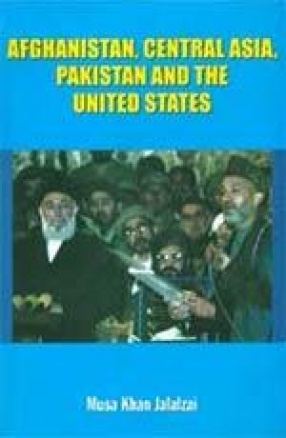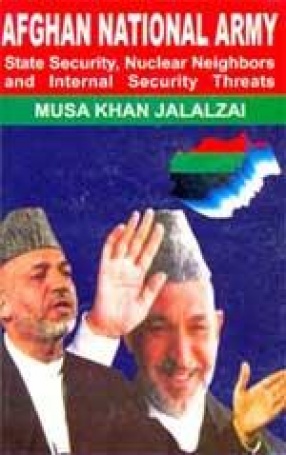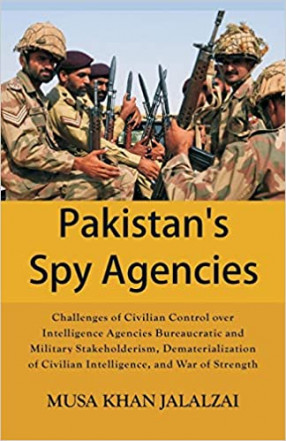Pakistan's Spy Agencies: Challenges of Civilian Control over Intelligence Agencies Bureaucratic and Military Stakeholderism, Dematerialization of Civilian Intelligence, and War of Strength
The imbalance of Pakistan's civil-military relations has caused misperceptions about the changing role of intelligence in politics. The country maintains 32 secret agencies working under different democratic, political and military stakeholders who use them for their own interests. Established in 1948, The ISI was tasked with acquiring intelligence of strategic interests and assessing the intensity of foreign threats, but political and military stakeholders used the agency adversely and painted a consternating picture of its working environment. The civilian intelligence agency-Intelligence Bureau (IB) has been gradually neglected due to the consecutive military rule and weak democratic governments. The ISI today seems the most powerful agency and controls the policy decisions. The working of various intelligence agencies, militarisation of intelligence and ineffectiveness of the civilian intelligence are some of the issues discussed in the book.
Get it now and save 10%
BECOME A MEMBER
-

Afghanistan, Central Asia, Pakistan and the United States
-

Dying to Kill us: Suicide Bombers, Martyr Operation and Terrorism in Pakistan
-

Afghan National Army: State Security, Nuclear Neighbors and Internal Security Threats
-

Silent Killer: Drug Trafficking in Pakistan, Afghanistan and Central Asia






Bibliographic information